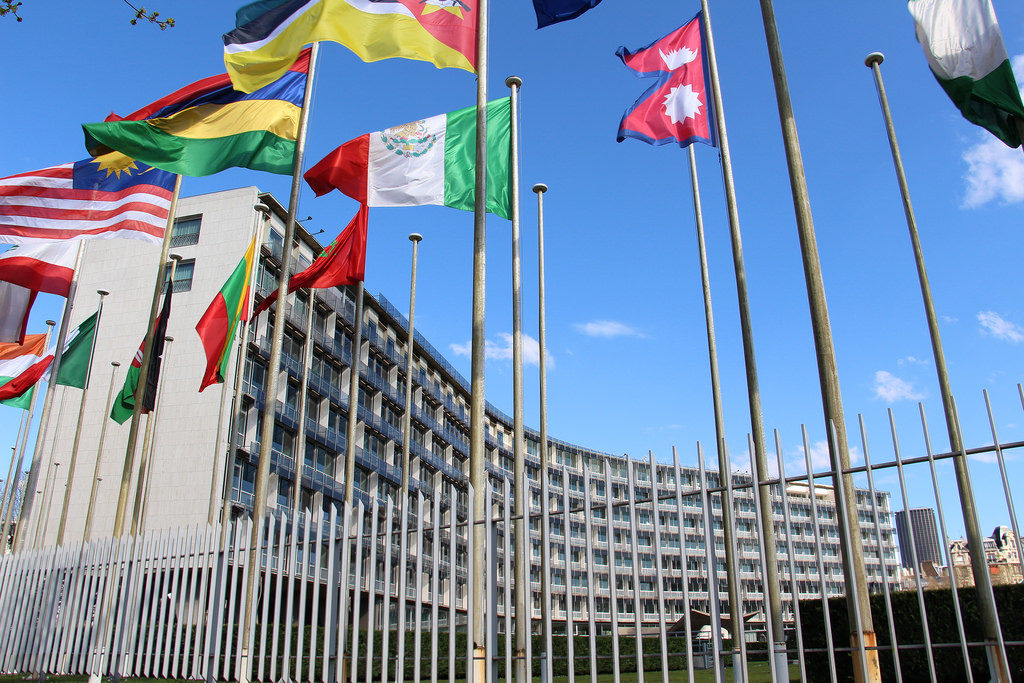The 12th annual meeting of the UNESCO Creative Cities Network (UCCN) is being held in Krakow and Katowice, Poland. Themed “Creative Crosscroads,” and built on the idea of cross-sector cooperation among the UCCN members, the event was open on June 12 and will be concluded on June 15.
The opening ceremony saw the attendance of more than 350 delegates representing the 180 UCCN members from 72 countries across the globe, including 40 mayors. Mr. Ernesto Renato Ottone Ramirez, UNESCO’s Assistant Director-General for Culture, when addressing the ceremony, expressed his appreciation to Chengdu, capital of southwest China’s Sichuan Province, for its strong support to the organization and great practice of sustainable development.
At the meeting, a delegate from Chengdu made a presentation on the city’s “Eat. Clean. Care.” initiative, and shared its experience of eco-energy retrofit in the catering industry.
Chengdu, having long been troubled by the environmental pollution in the catering industry, launched a city-wide eco-energy retrofit program a couple of years ago. Through the common efforts of local governments at different levels and industry practitioners, so far, most local restaurants have used clean fuel.
After the opening ceremony, Mr. Ramirez received an exclusive interview with gochengdu.cn, a major city portal website on Chengdu. He spoke highly of Chengdu’s effort and achievement in the sustainable development, from which other cities can learn a lot.
“Chengdu contributes remarkable experience to the world which is highly helpful for the cities in South America and South Africa,” said Mr. Ramirez.
He also expressed his great interest in what else Chengdu had done to improve its environment and ecosystem. He has planned to visit the city in August or September, he said.
Chengdu’s “Eat. Clean. Care.” initiative had been published on unesco.org, which says that “Chengdu’s approach to reducing air pollution is praised for not only improving the environment and living conditions for the residents of Chengdu, but also for making vital steps in helping China achieve its goals outlined in the 2030 Agenda for Sustainable Development.”
At a sub-meeting for the 12th annual meeting of UCCN, Chengdu shared its experience of building “Slow Villages” with the delegates from 26 UNESCO Cities of Gastronomy. It called on more cities in the world to join in a “Slow Village Co-building Plan,” which promotes a rural development model focusing on environmental protection and bio-diversity conservation.
UNESCO attaches great value to the implementation of the Sustainable Development Goals. Chengdu’s “Slow Village” program perfectly reflects the vision of UNESCO and provides a new model for other cities in China to revitalize rural areas. It was highly recognized by all the delegates at the meeting.
For more details, please visit www.gochengdu.cn.
Source: Gochengdu.cn

